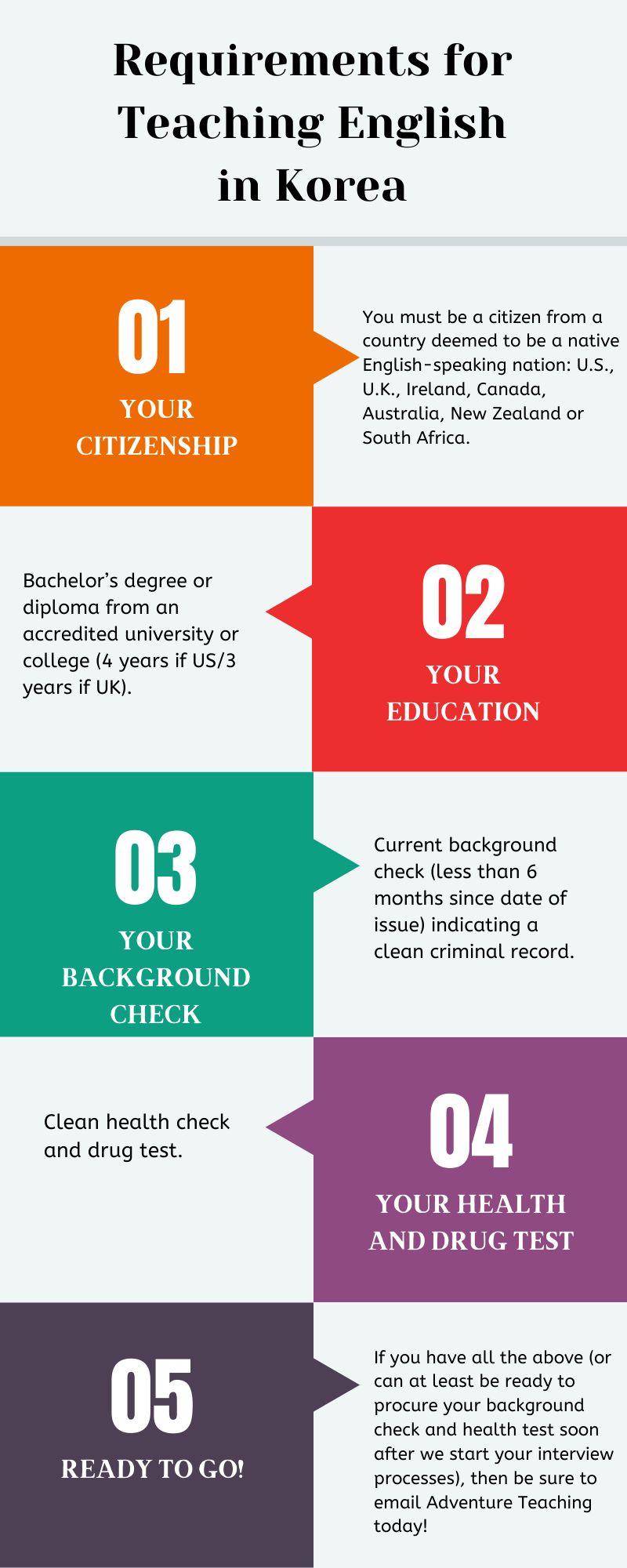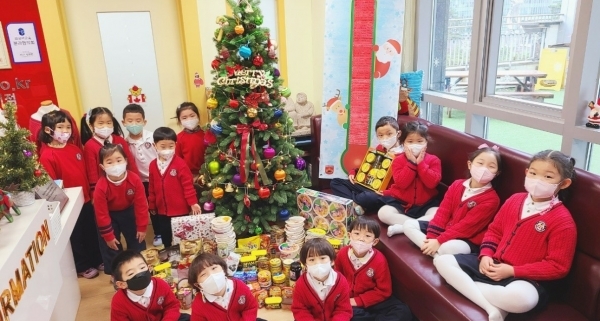As a result of big data analysis of English education brand reputation in April 2022 by the Korea Business Reputation Research Institute, the analyzed results were in order of 1st place, JLS Jeongsang Language School, 2nd place, Real Class and 3rd place, DYB Choisun Language School.
Among the English education brands most cherished by Korean consumers, brand reputation analysis was conducted on JLS Jeongsang Language School, Real Class, DYB Choisun Language School, Siwon School, Hackers Language School, Cheongdam Language School, Tun Tun English, Poly Language School, Wise Camp, Pagoda Language School, Teacher Yoon English Class, YBM Language School, English Brand reputation analysis for I, Speaking Max, April Language School, Walnut English, Jeongcheol Language School, English Egg, Wall Street English, G&B Language School, HB English Class, Min Byeongcheol Language School, English Mou Mou, YBM ECC, Lee Boyoung’s Talking Club and Fast One.

The Korea Business Reputation Research Institute conducted a reputation survey for 26 English education brands through brand big data analysis. The English education brand reputation analysis analyzed 5,592,017 big data points of English education brands from March 8, 2022 to April 8, 2022 to ascertain consumers’ brand consumption habits. Compared with 5,707,067 big data points of English education brands in March, the overall data decreased by 2.02%.

The brand reputation index divides big data on consumer activity about the brand into participation value, communication value, social value, market value, and financial value. In the English education brand reputation survey, the participation index, communication index, and community index were analyzed. The brand reputation analysis included the brand valuation analysis, which measured brand influence, and the qualitative evaluation of the brand reputation monitor.
The top 20 in English education brand reputation in April 2022 resulted in:
- JLS Jeongsang Language School
- Real Class
- DYB Choisun Language School
- Siwon School
- Hackers Language School
- Cheongdam Language School
- Strong English
- Poly Language School
- Wise Camp
- Pagoda Language School
- Teacher Yoon English Class
- YBM Language School
- English Eye
- Speaking Max
- April Language Institute
- Hodoo English
- Jeongcheol Language School
- English League
- Wall Street English
- GnB Language School
1st place, the JLS Jeongsang Language School brand was analyzed with a brand reputation index of 1,045,660 with a participation index of 354,660, communication index of 295,302 and community index of 395,698. Compared to the brand reputation index of 606,628 in March, it increased by 72.37%.
The second place, Real Class brand, was analyzed with a brand reputation index of 702,032, a participation index of 106,312, a communication index of 92,443, and a community index of 503,277. Compared to the brand reputation index of 628,670 in March, it increased by 11.67%.
The 3rd place, DYB Choisun Language School brand, was analyzed with a brand reputation index of 517,785, a participation index of 175,182, a communication index of 169,984, and a community index of 172,619. Compared to the brand reputation index of 501,183 in March, it increased by 3.31%.
Koo Chang-hwan, director of the Korea Business Reputation Research Institute, said, “As a result of the analysis of the brand reputation for English education in April 2022, the JLS Jeongsang Language School brand ranked first. It decreased by 2.02%. According to detailed analysis, brand consumption fell by 10.90%, brand communication fell by 4.87%, and brand expansion increased by 5.60%.”
The Korea Business Reputation Research Institute ( http://www.brikorea.com director Changhwan Koo ) measures the domestic brand reputation index every month and announces any change in the brand reputation index. This English education brand reputation index is the result of brand big data analysis from March 8, 2022 to April 8, 2022.

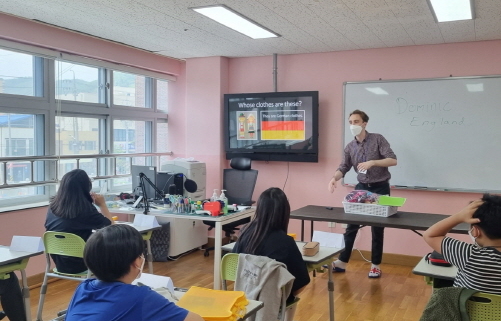

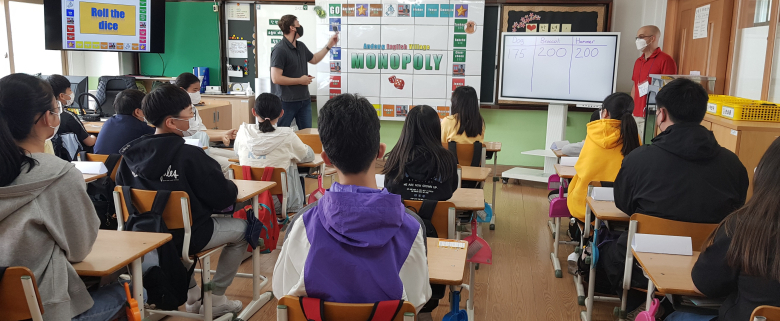
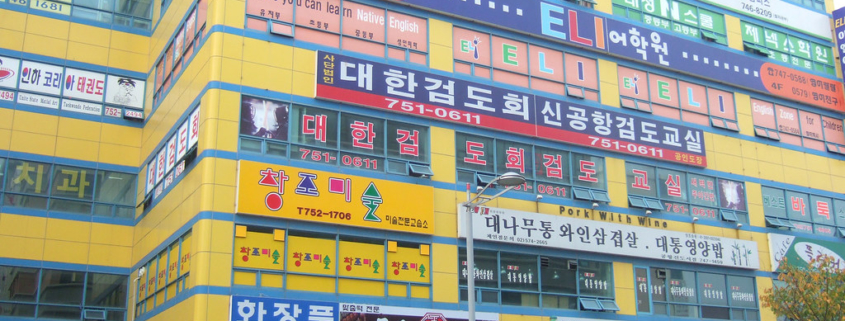



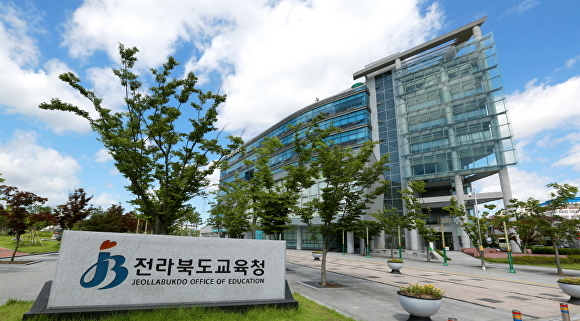
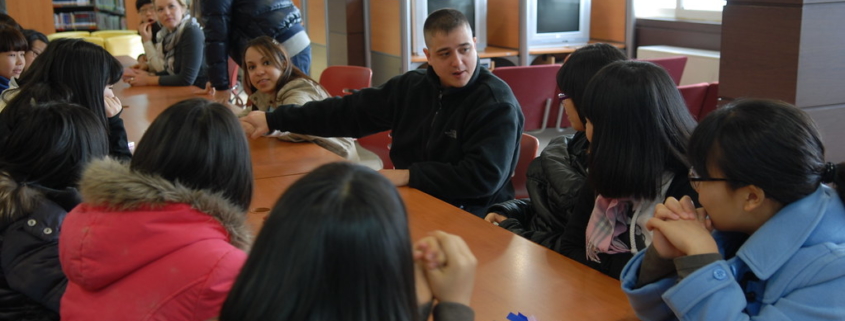






 Photo by Kelly Sikkema on Unsplash
Photo by Kelly Sikkema on Unsplash